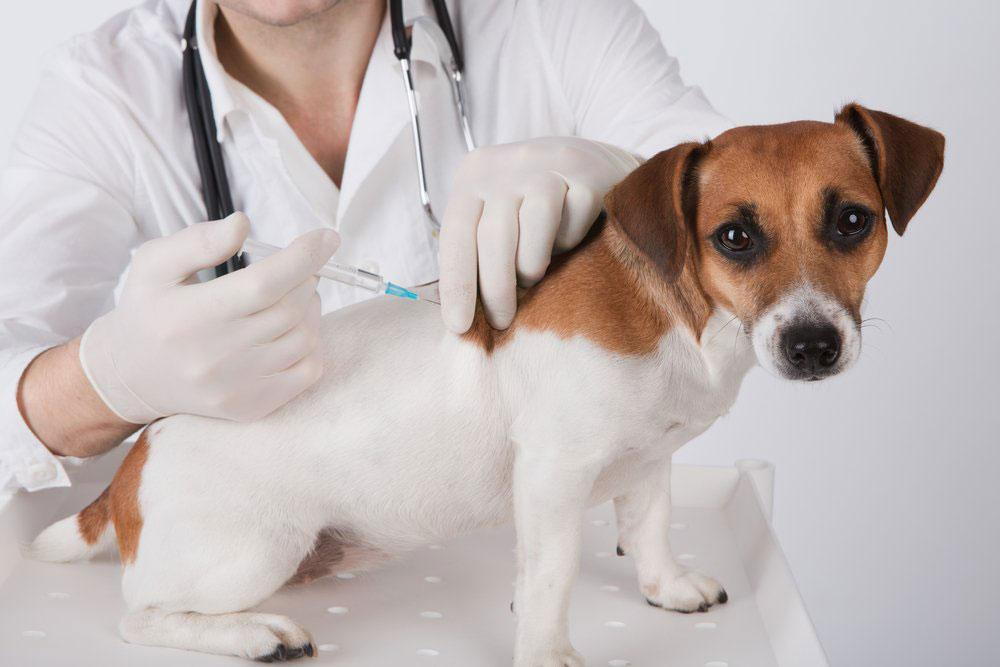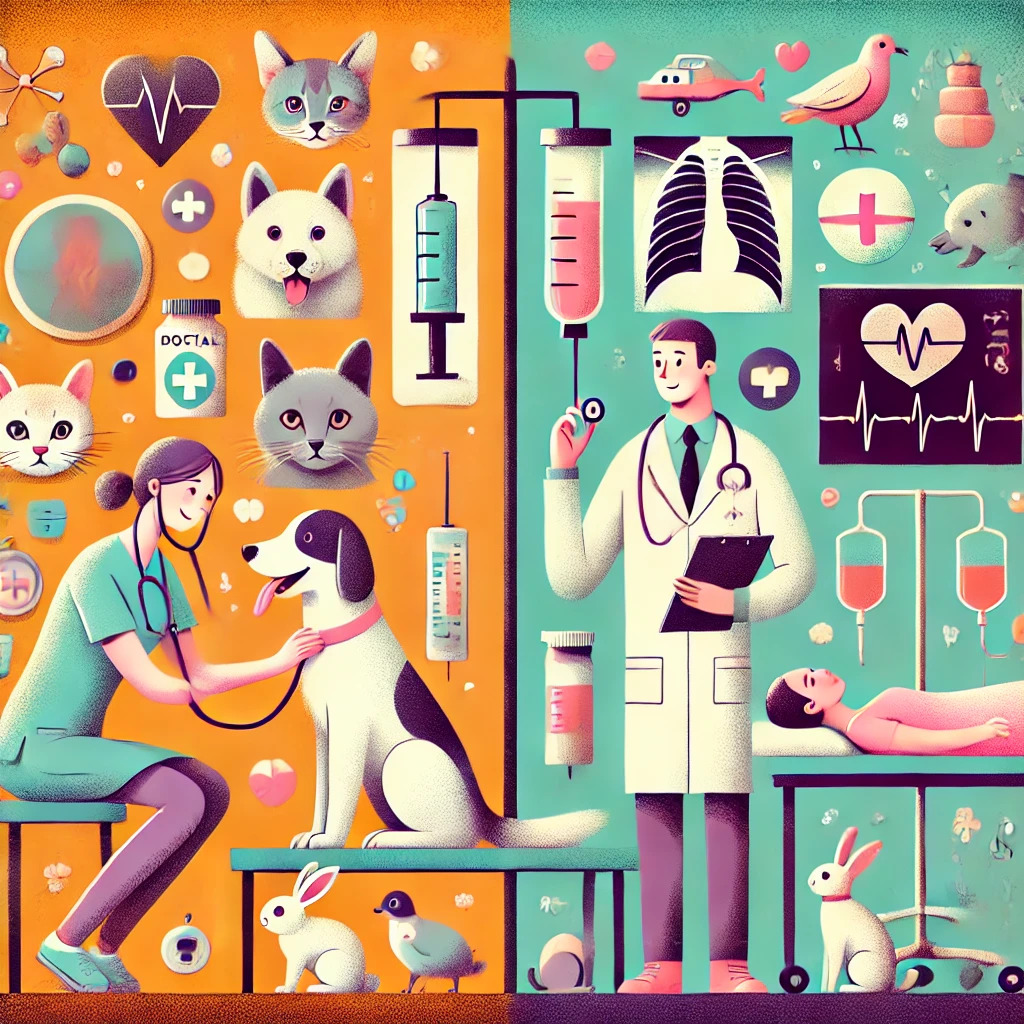Every Sunday morning my first order of business is to catch up with veterinary publications and emails from various veterinary organisations. What I read this morning gave me pause, and yet did not surprise me because I see it at an alarmingly increasing rate in my daily practice: vaccine hesitancy.
The article, originally by Laura Santhanam from PBS, was published in this week’s Animal Health SmartBrief: “Why experts worry more pet owners may skip rabies shot over vaccine hesitancy”. The incidence of rabies in humans has been kept very low in the U.S. mostly because of the successful vaccination programs in pets as well as livestock. By comparison, about 60,000 people die from rabies each year, predominantly in Asia and Africa according to WHO. “ Of those deaths, young children make up an estimated 40 percent, and unvaccinated dogs are most commonly linked to these deaths overall.”
Unfortunately vaccine hesitancy can occur if an animal has an adverse reaction to a vaccine causing their owners to forgo any future vaccination. In my opinion this can be avoided by first maintaining clear communication between the veterinarian and the pet owner about vaccine side effects and second by setting up a judicious vaccination schedule tailored specifically to the pet’s lifestyle. Severe adverse vaccine reactions are extremely rare: “ Out of 1,226,159 dogs receiving 3,439,576 vaccine doses, 4678 adverse events were recorded (38.2/10,000 dogs); 72.8% of these events occurred on the same day the vaccine was administered, 31.7% were considered to be allergic reactions, 1.7% were classified as anaphylaxis, and 65.8% were considered “vaccine reactions”. ( Adverse consequences of vaccination, Ian R. Tizard, BVMS, PhD, DACVM (Hons), DSc (Hons)
Furthermore, the pandemic and the development of the COVID-19 vaccine gave rise to vaccine discussions in general. This also created an opening for misinformation about vaccines in general, which in turn has contributed to the rise in vaccine hesitancy for pets.
Over the years I have witnessed animals die from fully preventable illnesses (had they been properly immunized) and as a veterinarian that is the worst feeling of all.
Failure to vaccinate not only puts pets’s lives at risk but can also endanger their owners. Rabies remains a public health concern and the responsibility of every ethical pet owner to be kept current. Your veterinarian remains the best source of information about which vaccines your pet needs and at which frequency.
Dr. Caroline Simard-Swimmer
Medical Director and Co-Founder




